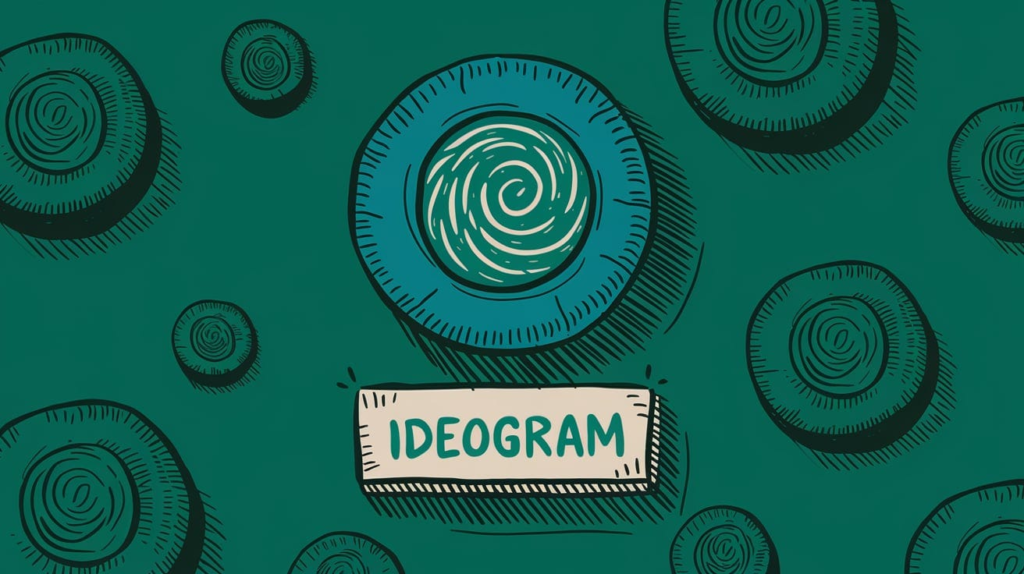OpenAI-Backed 1X Unveils ‘Neo’ Robot for 2025 Launch
1X, a robotics startup supported by OpenAI, has revealed its advanced humanoid robot named “Neo,” scheduled for release in 2025. Neo stands at 5.5 feet tall and mimics human-like movements with its muscle-based anatomy, enabling it to walk, jog, and climb stairs naturally. It is designed to serve as an intelligent household assistant, performing daily tasks. With production costs akin to a car, 1X plans to test Neo in select homes by 2024 before its broader availability.

Neo is anticipated to be a groundbreaking product in the home robotics market, marking a significant step towards more human-like robotic assistants. The robot’s development emphasizes affordability, usability, and seamless integration into everyday life. 1X’s approach, combining advanced AI with practical design, aims to make Neo a household name and set a new standard in personal robotics. This innovation could revolutionize how people interact with technology at home.
Oprah Winfrey to Host AI Special Featuring Sam Altman and Bill Gates
Oprah Winfrey is set to host an upcoming ABC News primetime special focused on artificial intelligence, featuring interviews with key figures like OpenAI CEO Sam Altman and Microsoft co-founder Bill Gates. The special will explore the rapid advancements in AI technology and its implications across various sectors, including ethics, employment, and global economics. By bringing together these influential voices, the program aims to provide viewers with insights into the transformative potential of AI and the challenges it presents.

The special is expected to reach a wide audience, reflecting growing public interest in how AI will impact everyday life. Discussions will cover both the opportunities AI offers and the risks it poses, particularly in areas such as privacy, security, and job displacement. The inclusion of high-profile guests like Altman and Gates emphasizes the importance of the conversation, positioning the program as a significant event in the ongoing discourse around the future of AI.
Luma AI Releases Dream Machine 1.5, Elevating AI-Generated Video Creation
Luma AI, a San Francisco-based startup, has launched Dream Machine 1.5, a major upgrade to its AI-powered text-to-video model. This version brings enhanced realism, better motion tracking, and more intuitive prompt understanding, allowing users to create sophisticated videos from simple text inputs. A standout feature is the improved ability to render text within videos, enabling dynamic title sequences and animated graphics, even handling non-English prompts effectively. The update also speeds up video generation, making it a valuable tool for content creators.

Luma AI’s approach emphasizes accessibility and rapid iteration, setting it apart in the competitive AI video generation market. Unlike competitors like OpenAI’s Sora, which remains in closed beta, Dream Machine 1.5 is publicly available, allowing Luma AI to gather extensive user feedback and refine its model based on real-world applications. This open development strategy has given Luma AI an edge, though it also raises concerns about potential misuse of the technology, such as deepfakes. As AI-generated video becomes more prevalent, Luma AI’s innovations could significantly shape the future of visual content creation.
Ideogram AI Unveils v2.0 Model with Enhanced Features and Color Palette Options
Ideogram AI has announced the release of its highly anticipated text-to-image model, Ideogram 2.0, which marks a significant upgrade from its previous version. This new model, now available after an extensive beta-testing phase with creator partners, brings substantial improvements in text rendering and image quality. The v2.0 update introduces five distinct models—General, Realistic, Design, Anime, and 3D—each offering unique capabilities to cater to various creative needs. Notably, the Realistic model provides an unprecedented level of photorealism, while the Design model excels in generating detailed, text-rich content such as greeting cards and posters.

In addition to the model upgrades, Ideogram 2.0 now features an advanced color palette tool, allowing users to select specific colors to ensure consistency in style and branding. This enhancement is particularly beneficial for social media managers and content creators seeking a cohesive visual identity. The update also includes improved search functionality for accessing over a billion generated images, enhanced text rendering, and better image coherence with more accurate human anatomy and detailed visuals. The new My Images tab and upgraded Magic Prompt feature further streamline the user experience, making Ideogram 2.0 a powerful asset for creating diverse and high-quality AI-generated content.
